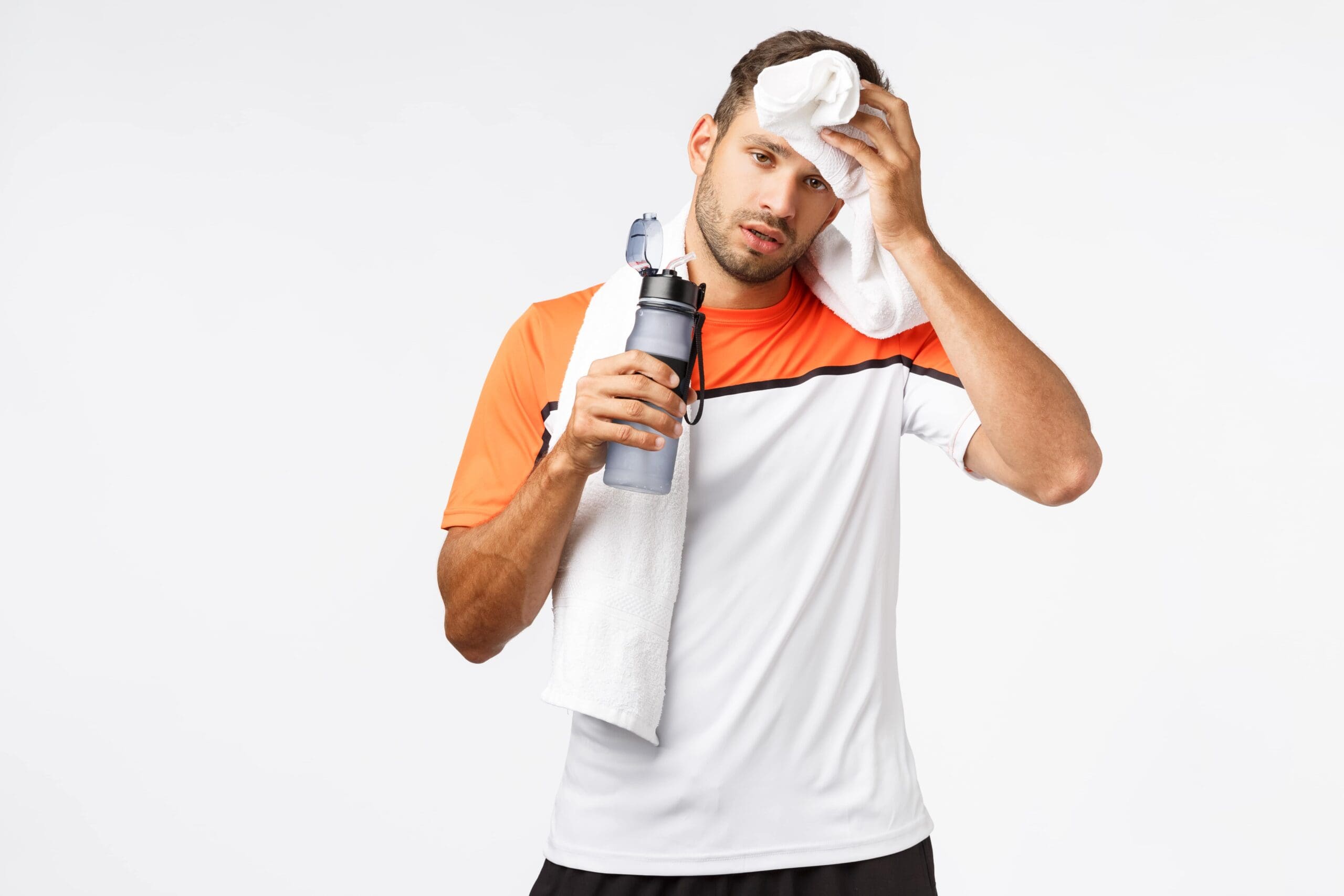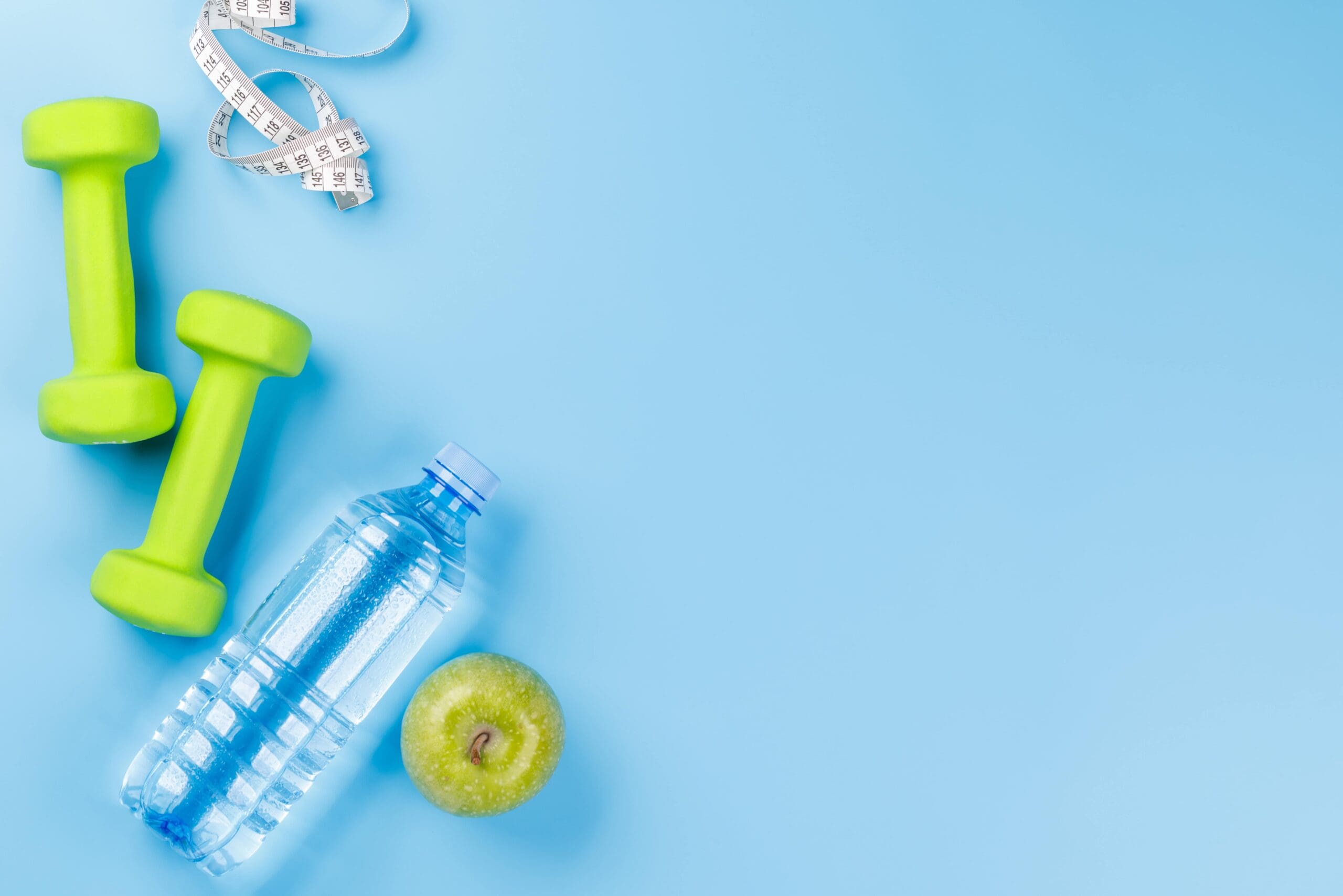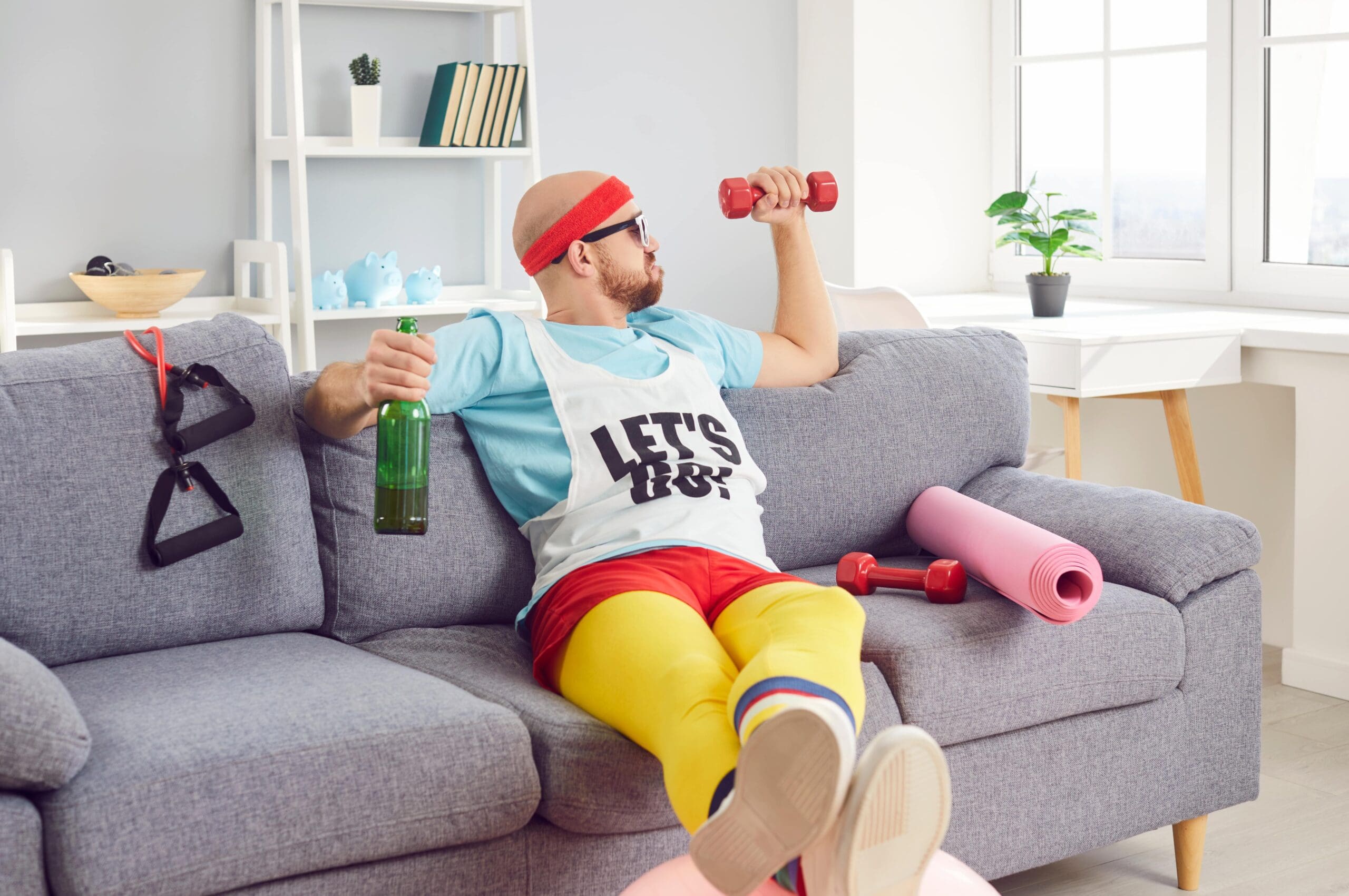Maintaining physical fitness and enjoying occasional alcohol may not seem incompatible—but understanding how alcohol impacts your body and fitness goals is essential. At Comfort Recovery, we help individuals find sustainable, healthy routines, including how to manage the complex relationship between alcohol and exercise.
How Alcohol Affects Your Fitness Goals

Alcohol can undermine many of the gains you’re working toward at the gym. From muscle growth to hydration and recovery, drinking—even moderately—can have a noticeable effect on performance and results.
Slows Muscle Recovery:
Alcohol interferes with protein synthesis, which is essential for muscle repair after a workout.
Dehydrates the Body:
Alcohol is a diuretic, increasing the risk of cramps and fatigue during exercise.
Impacts Sleep Quality:
Poor sleep from alcohol consumption affects energy levels and workout motivation.
When Exercise and Drinking Collide
You may believe that regular workouts can “cancel out” the effects of alcohol. However, research suggests otherwise. Combining intense physical activity with frequent drinking can put extra stress on the body, hinder your immune system, and delay recovery time.
At Comfort Recovery, we guide clients in making mindful choices to support both physical wellness and long-term sobriety goals.
Tips to Rebalance Your Routine

If you’re trying to maintain a fitness routine while managing alcohol use, here are a few ways to protect your health and progress:
Choose Hydration Over Libations:
Make water your go-to beverage, especially post-workout.
Schedule Workouts Wisely:
Avoid planning exercise on days following heavy drinking.
Set Boundaries Around Drinking:
Limit alcohol to occasional, planned moments rather than frequent habits.
Exercise as a Tool in Recovery

For individuals in recovery from alcohol misuse, exercise isn’t just good for the body—it’s therapy for the mind. Physical activity has been shown to reduce cravings, improve mood, and support a sense of structure.
At Comfort Recovery, we encourage fitness programs as part of a well-rounded recovery plan. Whether it’s yoga, strength training, or hiking, movement is a powerful tool in healing.
Finding a Healthy Balance
True wellness comes from balance. That means understanding how alcohol fits into your lifestyle—or if it should at all. By replacing excessive alcohol use with exercise and mindful habits, you can reclaim control over your health and future.








